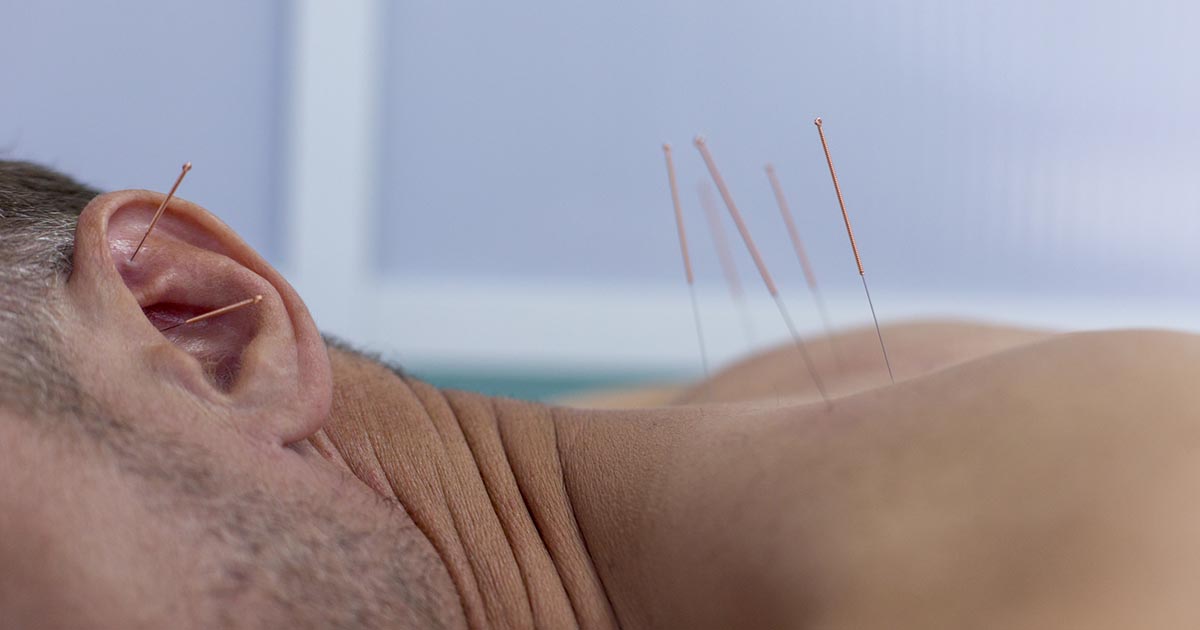Acute Lymphoblastic Leukemia Symptoms And Solutions
Acupuncture

Some acute lymphoblastic leukemia patients may elect to undergo the alternative treatment method called acupuncture. This is a type of therapy that is said to help relieve pain and or nausea in cancer patients. Acupuncture is a procedure involving the insertion of very thin needles into certain points on the individual's body at various angles and depths. Every point is deduced to control the sensations of pain in another corresponding part of the individual's body. Some patients may feel a slight ache, tingling, electrical sensation, or dull pain for a few seconds when the needle is inserted, though the needles should not hurt once they are in their respective places.
The needles will stay in place from anywhere between fifteen and thirty minutes. The needles are then carefully removed in a way that should be painless. Any patient who seeks acupuncture to help alleviate pain or nausea due to their ALL should ensure they have it performed by a certified, licensed acupuncturist. Often times the patient's attending oncologist or cancer care team can recommend where to get acupuncture.
Immunotherapy

Immunotherapy may be used as a form of treatment for a patient's ALL. The use of drugs to assist an affected individual's own immune system with recognizing and destroying malignant cells more effectively is called immunotherapy. Man-made versions of antibodies or proteins that help fight off infections are called monoclonal antibodies, such as blinatumomab. One part of blinatumomab attaches to protein CD19, while the other part attaches to the CD3 protein. The CD19 protein is commonly found on the surface of acute lymphoblastic leukemia malignant cells, while the CD3 protein is found on the immune T cells that help kill malignant cells.
The binding of the malignant cells and the immune cells are thought to help the patient's immune system kill the ALL cells. Another drug called inotuzumab ozogamicin contains anti-CD22 antibodies that bind to the CD22 protein on the cancerous cells. This allows the corresponding chemotherapy drug to target and kill those cells. CAR T-cell therapy is another form of immunotherapy where a patient's own T cells are engineered in a laboratory to attach to and kill malignant cells.
